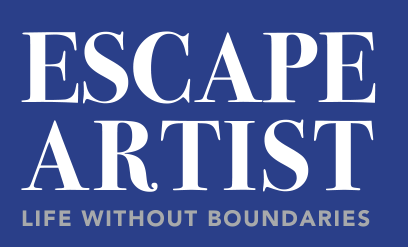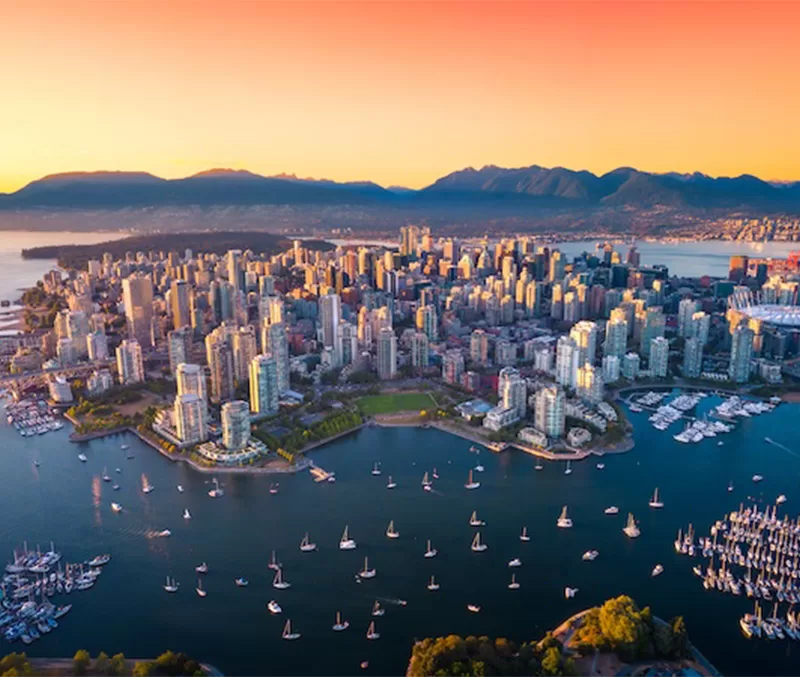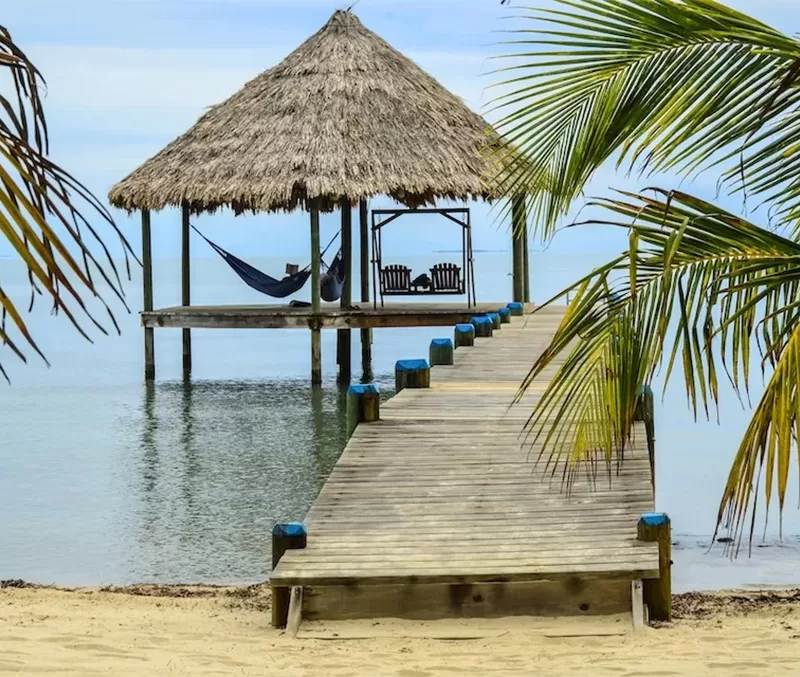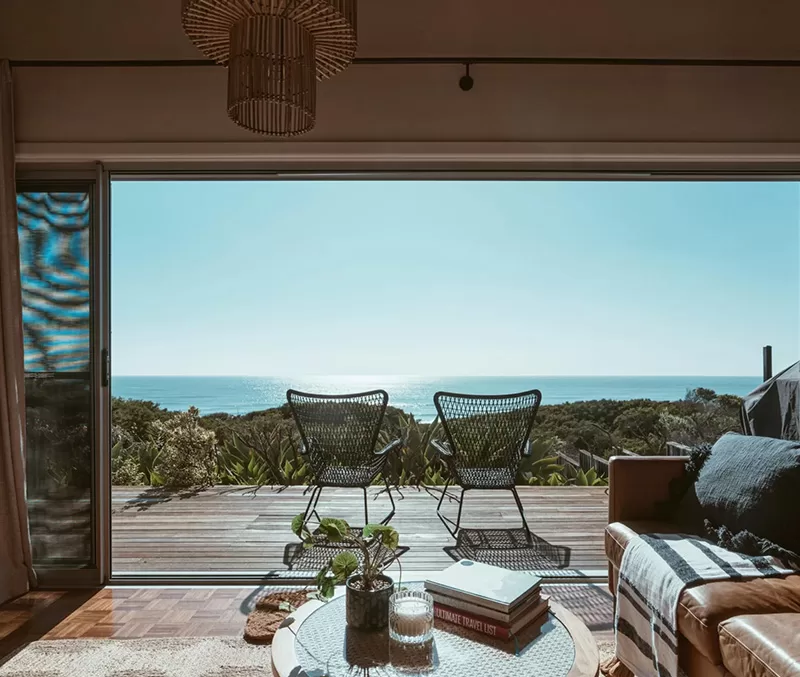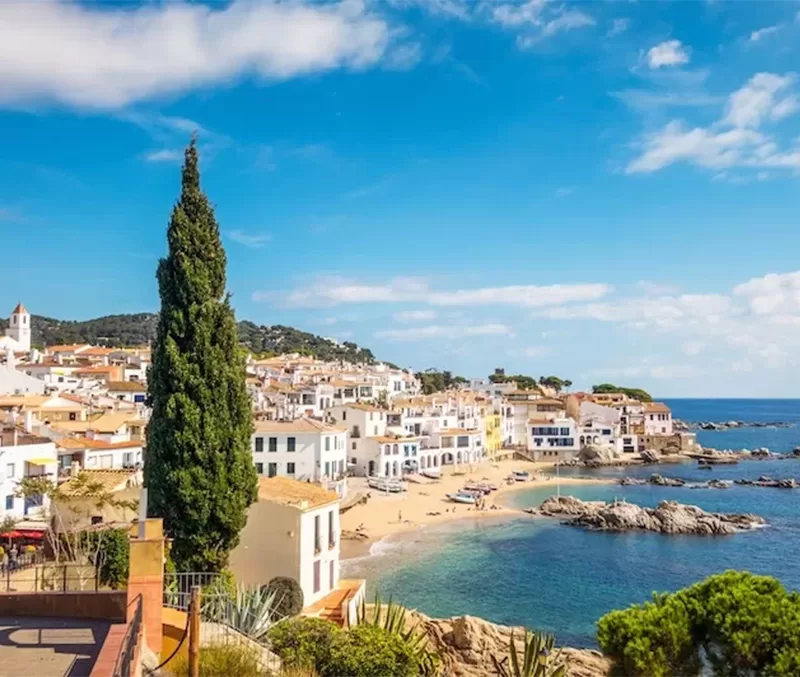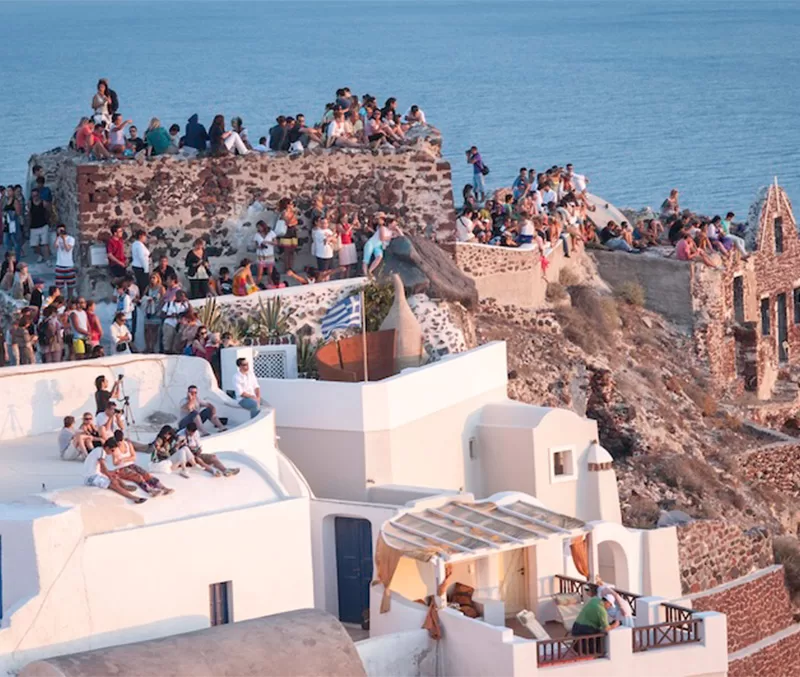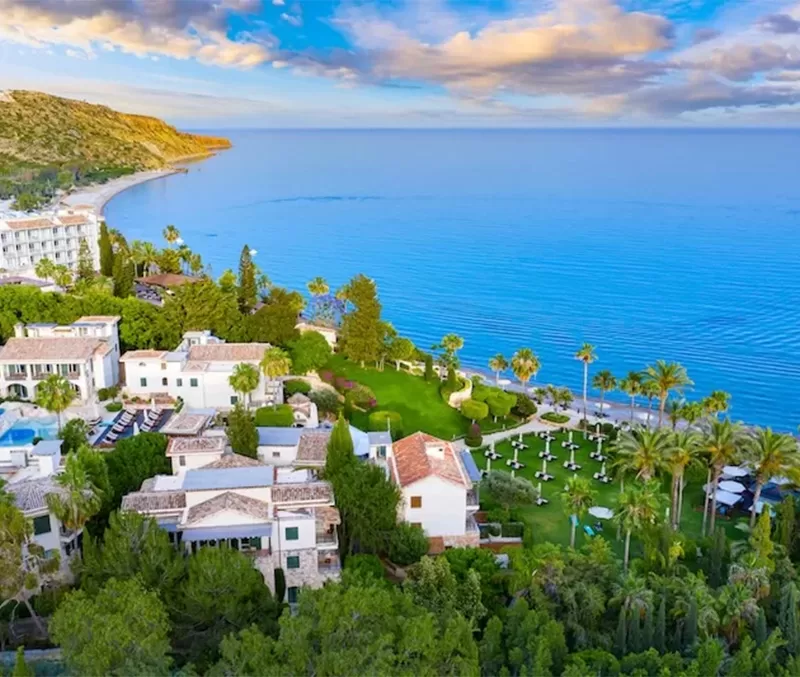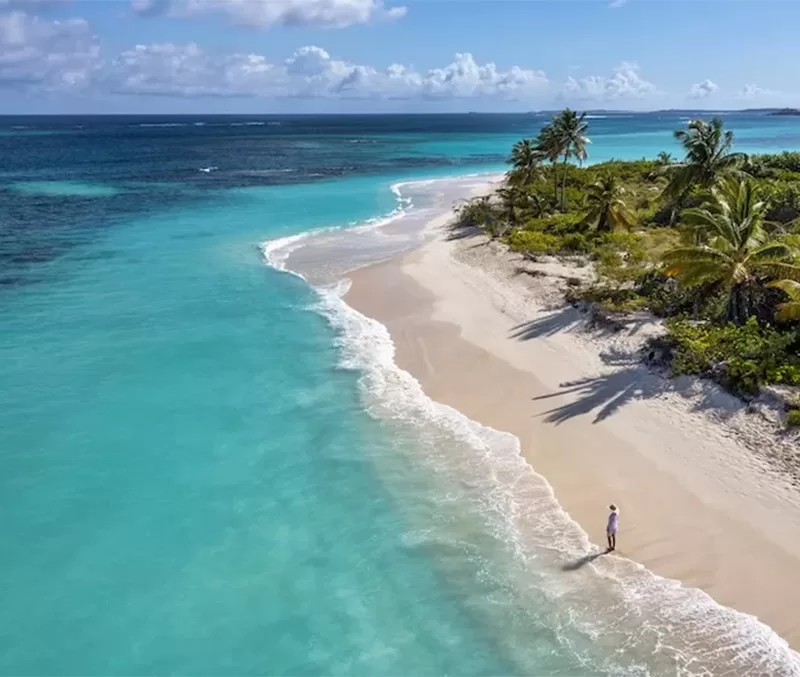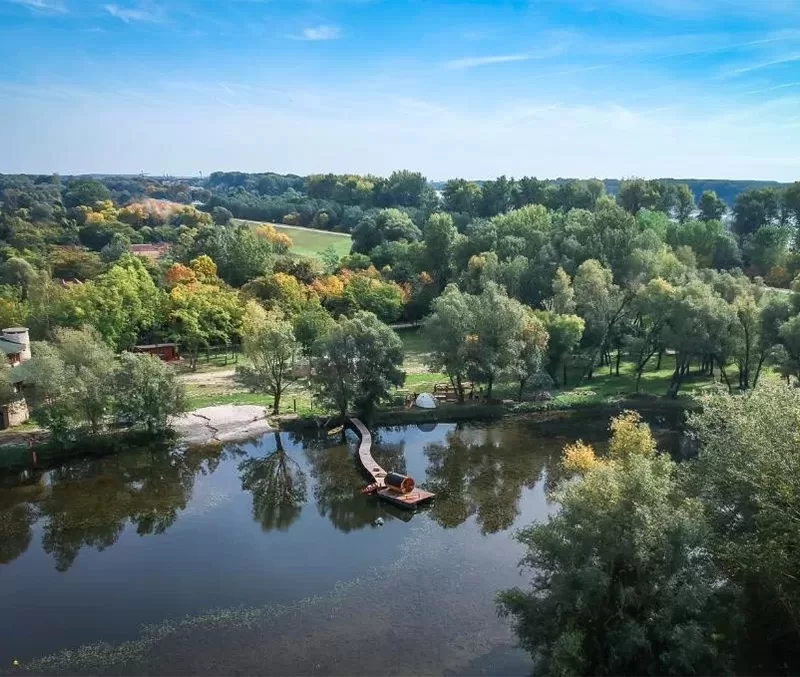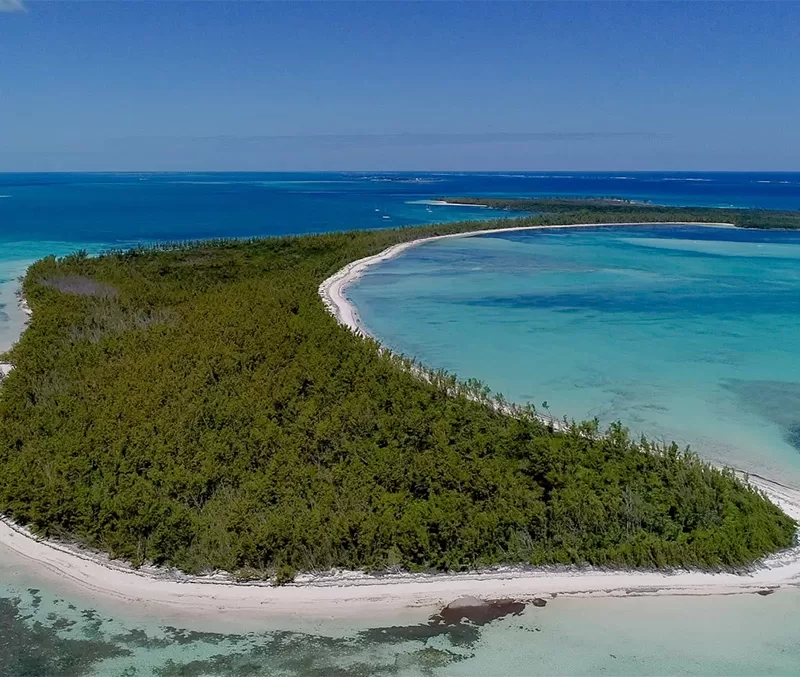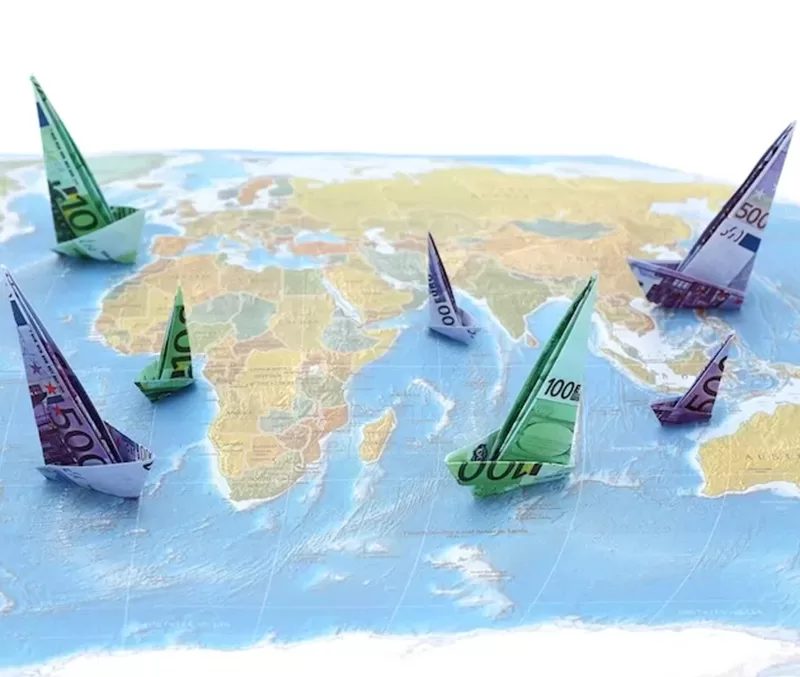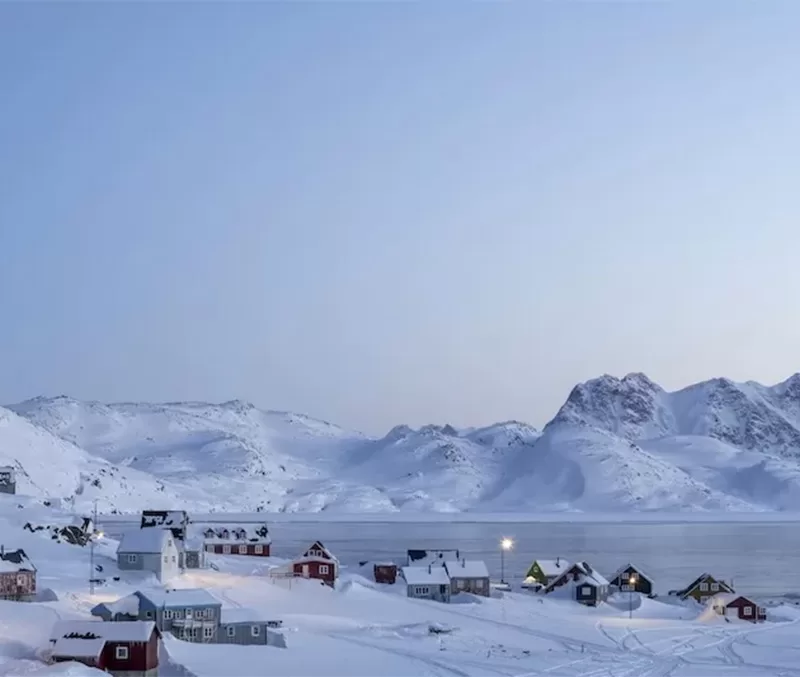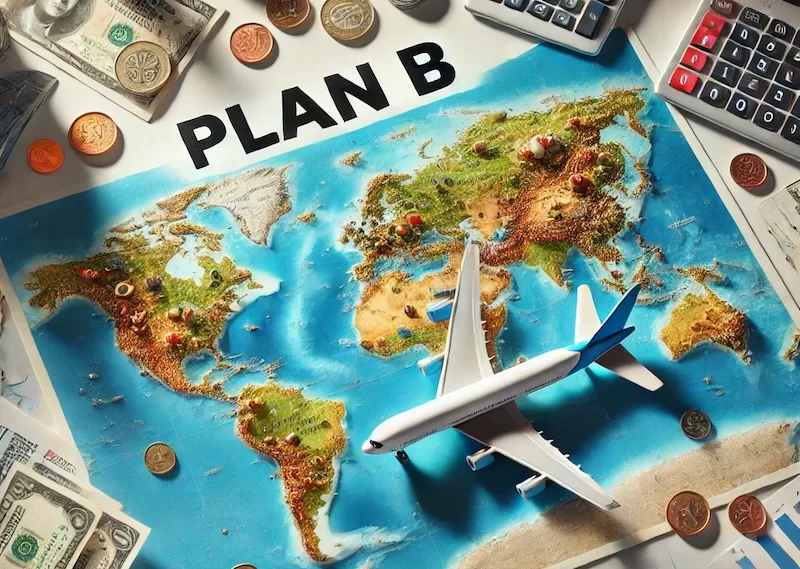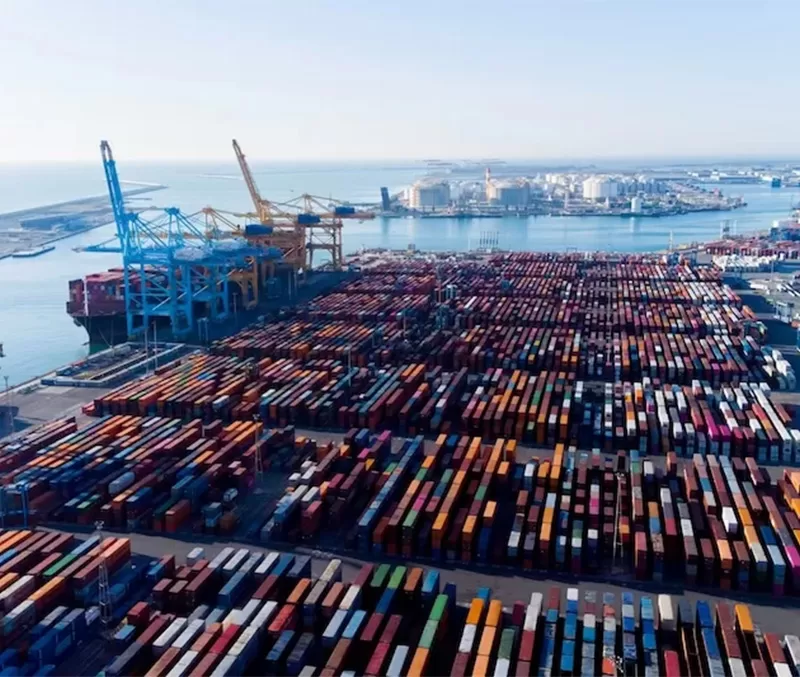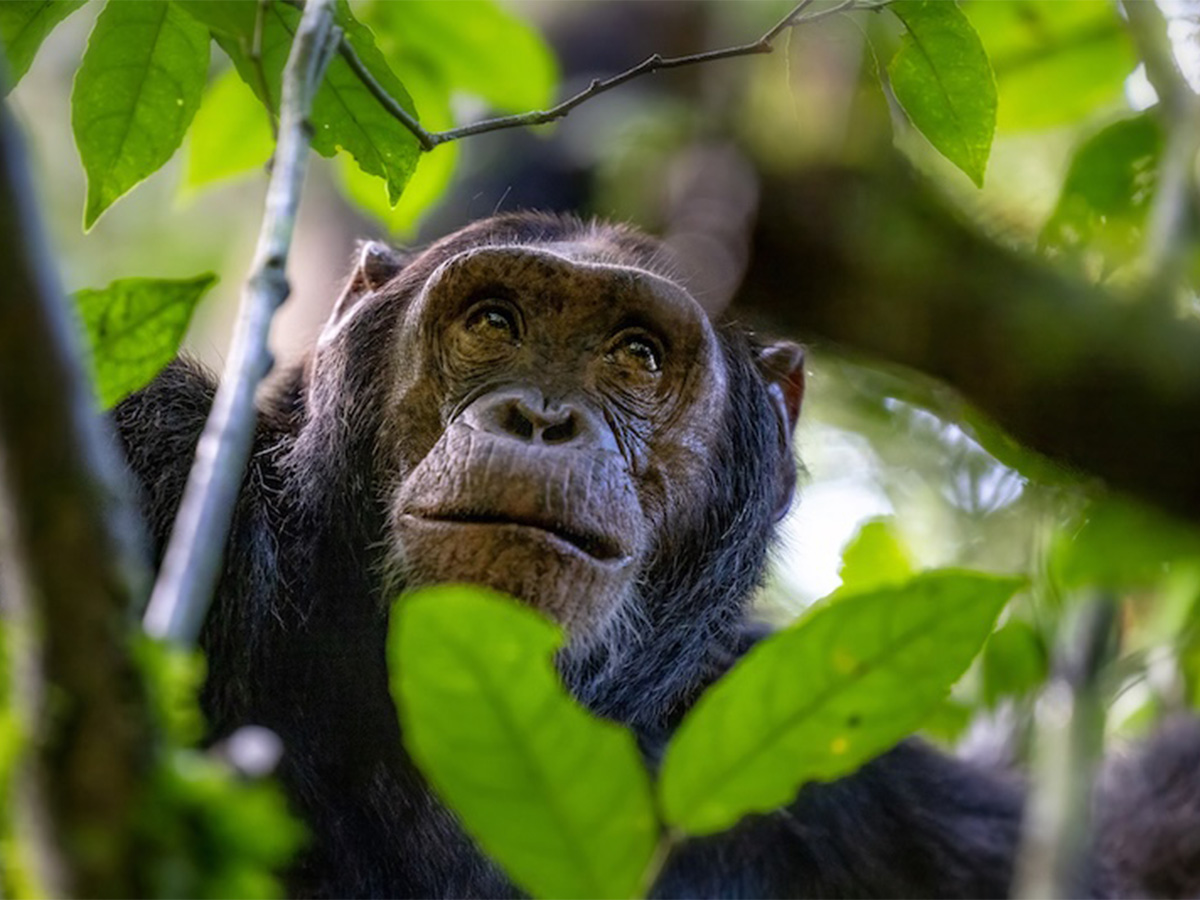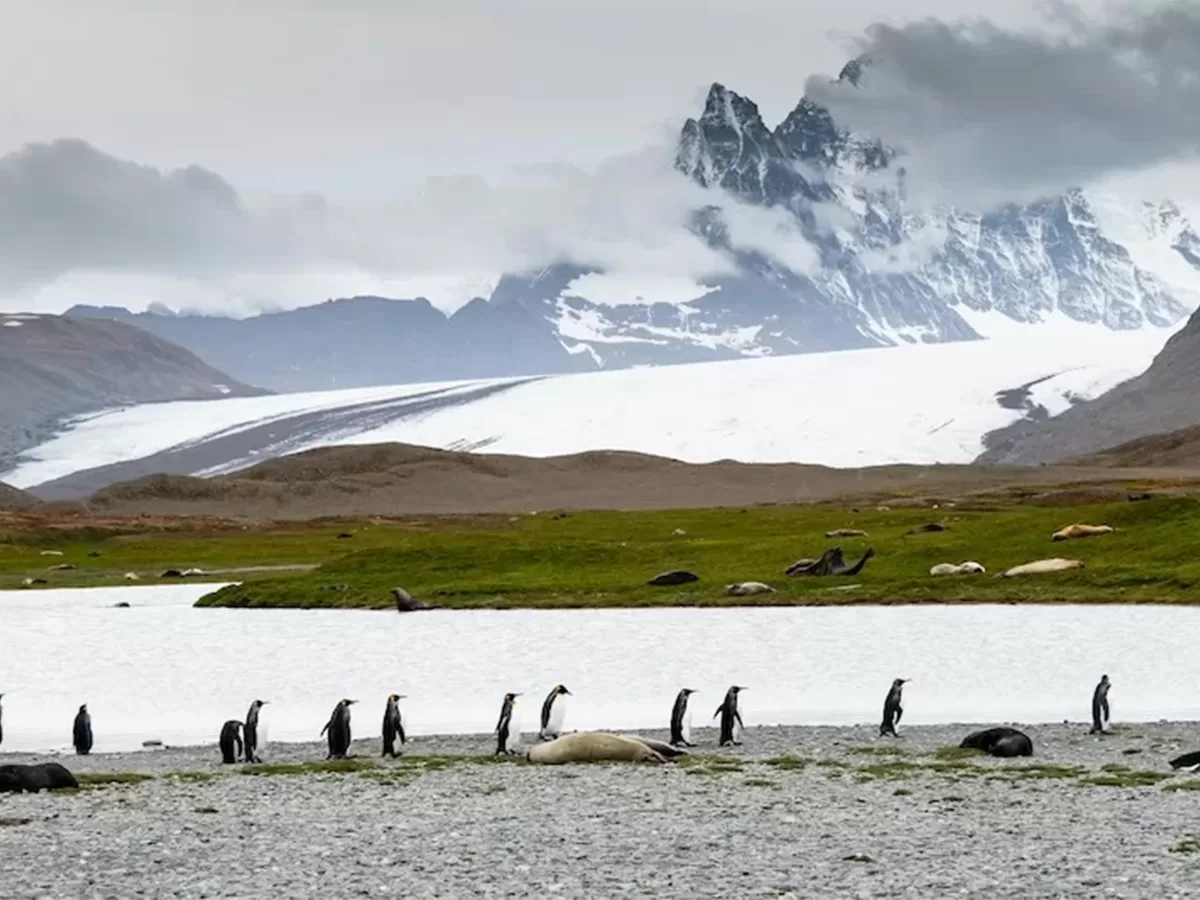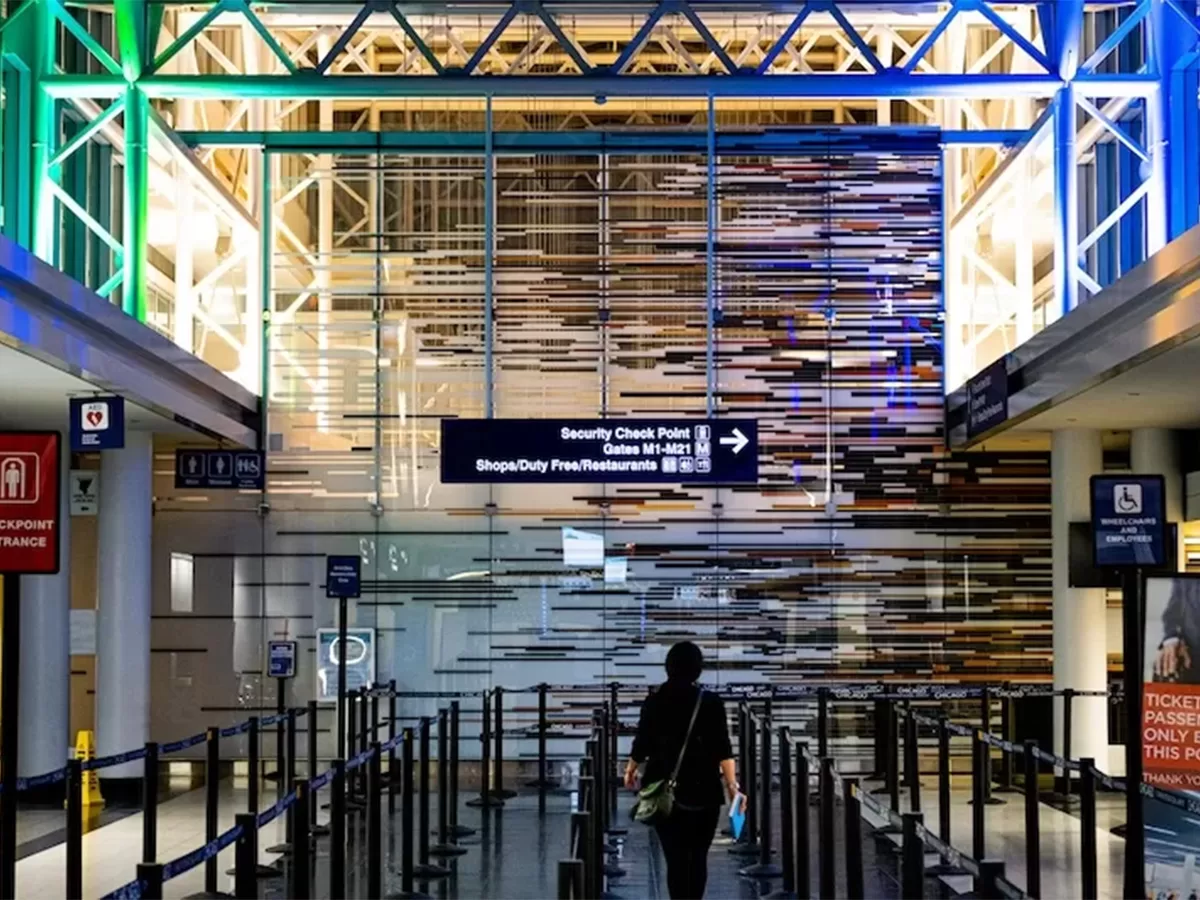In a world increasingly defined by volatility, smart investors aren’t just thinking about where to grow their wealth—they’re thinking about where to safeguard it. Beyond the traditional concerns of market performance and asset diversification, a new metric of security has emerged: geographic flexibility.
“More clients are asking how to structure their assets globally—not just to optimize taxes, but to create flexibility in an unpredictable world,” said David Lesperance, international tax and immigration advisor at Lesperance & Associates. “A second residency or citizenship can be the difference between opportunity and restriction when things shift.”
Whether it’s a second residency, a foreign bank account, or property in a jurisdiction with favorable laws, a “Plan B” abroad is no longer a luxury for the ultra-wealthy—it’s an essential component of a future-proof strategy. Because today, true financial freedom isn’t just about how much you have—it’s about where you can go, what you can access, and how quickly you can pivot.
A New Era of Risk
For generations, investors relied on domestic infrastructure to provide the stability they needed. But times have changed. Political polarization, economic uncertainty, rising taxes, social unrest, and shifts in monetary policy are putting pressure on even the most stable nations. And for those living in countries with restrictive capital controls or unpredictable governments, the risks multiply.
Having all your assets—and all your options—tied to one country leaves you exposed. As we’ve seen in recent years, even long-standing democracies can implement emergency powers, freeze bank accounts, or close borders. The pandemic was a wake-up call, and for many, it wasn’t just a health crisis; it was a lesson in how quickly things can change. An alternative passport and even an international business structure gives you more than freedom, it gives you control.
Freedom Through Diversification
When we talk about diversification, it’s often in terms of stocks, bonds, and sectors, but true diversification goes beyond asset classes. It’s about where your money lives—and where you can live if you need to.
Read more like this: Common Myths About International Diversification
Imagine having investments in multiple currencies and real estate across continents, or legal entities in jurisdictions with stable governance and investor-friendly laws. Suddenly, your portfolio isn’t just diversified in form, it’s diversified in geography. This kind of setup doesn’t just mitigate financial risk; it opens doors. Want to launch a startup in Estonia? Retire in Portugal? Escape inflation in Argentina? You can—if you’ve built the infrastructure to do so.

Escape Plan for Investors
A new class of investor is emerging: one who prioritizes optionality, mobility, and self-sovereignty. These investors are global in mindset and mobile in lifestyle. They live where they’re treated best, and they’re not afraid to move capital—or themselves—across borders. Their reasons vary. Some want to protect their assets from litigious environments, others want to reduce tax liability, and many simply want the freedom to choose.
Take, for instance, a U.S. investor who establishes a second residency in Panama. Not only do they gain access to a stable banking system and favorable tax laws, but they also create a legal base in a country with no global taxation. Should conditions at home deteriorate—economically or politically—they have somewhere to go. Somewhere that’s already familiar, already set up, and already waiting.
The Modern Investor’s Toolkit
A growing number of countries are courting investors with golden visa programs, fast-track residencies, and citizenship-by-investment schemes. For the host country, it’s a way to attract capital and talent, and for the investor, it’s a lifeline.
Portugal, for instance, has become one of the most popular destinations for American investors seeking European access. Its Golden Visa program allows real estate investors to gain residency—and eventually citizenship—while living abroad.
The Caribbean also offers a different flavor of flexibility. With minimal physical presence requirements and fast processing times, countries like St. Kitts & Nevis or Dominica provide second passports in exchange for investment—ideal for those looking to hedge geopolitical risk. These aren’t just travel documents. They’re keys to freedom, access, and safety.

Rethinking Offshore Banking
Offshore banking has long been misunderstood. It conjures images of secrecy and hidden fortunes—but in reality, it’s about diversification and privacy. Holding accounts in stable jurisdictions like Switzerland, Singapore, or Liechtenstein allows investors to mitigate currency risk and access stronger financial protections. More importantly, it ensures liquidity. Should your home country impose capital controls or banking restrictions, offshore accounts give you breathing room. Your money stays in motion—even if your country doesn’t.
And with the rise of digital nomad banking platforms, managing international finances has never been easier. From multicurrency accounts to crypto-linked debit cards, the tools are there—you just have to reach for them.
Read more like this: A Practical Guide to Offshore Banking
Owning Foreign Real Estate
Property is one of the most tangible ways to anchor yourself abroad. A second home isn’t just a vacation getaway—it’s a foothold. In many countries, buying real estate is the gateway to residency and a hedge against domestic inflation.
Countries like Mexico, Colombia, and Spain offer relatively low barriers to foreign ownership, often with low property taxes and high rental yields. Meanwhile, places like Uruguay are quickly gaining traction for their openness, affordability, and investor-friendly climates. And unlike stocks or crypto, property offers physical refuge. In a time of global instability, that matters.

Crypto Without Borders
The world of crypto has added a new layer of complexity—and opportunity—for globally minded investors. Digital assets can be moved instantly, stored securely, and held outside the traditional financial system. But their true power lies in where and how they’re taxed.
Some countries are positioning themselves as crypto havens. Think El Salvador’s Bitcoin-centric policies or Portugal’s crypto-friendly tax regime. Others, like the UAE or Singapore, offer regulatory clarity and institutional-grade infrastructure for blockchain businesses. By aligning your crypto strategy with favorable jurisdictions, you amplify your freedom—and your returns.
Read more like this: The Beauty of Bitcoin
Not Just for Billionaires
One of the biggest benefits of international diversification is tax optimization. With the right structure, you can significantly reduce—or even eliminate—certain tax burdens. Territorial tax systems, where only income earned locally is taxed, are a game-changer. Countries like Panama, Costa Rica, and Malaysia follow this model. That means foreign-sourced income is tax-free—if you know how to structure it properly.
Then there’s the Foreign Earned Income Exclusion (FEIE) for U.S. citizens, which allows expats to exclude over $120,000 in income from federal tax. Combine that with the right legal entity, and you’re looking at real savings.
Building Your Plan B
Begin by clarifying your priorities—whether you’re seeking tax efficiency, asset protection, lifestyle diversification, or a combination of all three. Your motivations will shape the structure of your Plan B, guiding decisions on where to look and what to build. From there, take time to explore jurisdictions that align with those goals, keeping in mind that no single country offers everything. Each has its trade-offs, and working with professionals who understand the legal, financial, and cultural landscape can save you from costly missteps.
Once you’ve identified the right jurisdictions, ensure that everything is structured with full legal and regulatory compliance. This is not the realm for shortcuts or guesswork; transparent, well-advised strategies are not only safer—they’re more sustainable over time.
You don’t need to uproot your life to get started. Building a Plan B is often a gradual process: it might begin with something as simple as opening an offshore account, or purchasing a property abroad. Over time, these small moves compound into a solid foundation for freedom, mobility, and control.
Just as important is staying informed. Global policies shift, tax laws evolve, and residency programs change. The more engaged you are in the ongoing landscape, the more nimble—and empowered—you’ll be when it comes time to make your next move.
Don’t miss out on the Plan B Summit!

Freedom Is the Ultimate Investment
In an age of uncertainty, freedom is the most valuable asset an investor can own. A Plan B abroad isn’t about fear, but foresight. It’s the recognition that no single country holds a monopoly on opportunity, and no system is guaranteed to last. By diversifying globally, you’re not just protecting assets—you’re securing access, autonomy, and peace of mind. Call it what you will—a backup plan, a lifeboat, a fire escape—a Plan B abroad is, above all, protection against uncertainty.
Read more like this: What’s Your Real Plan B?
